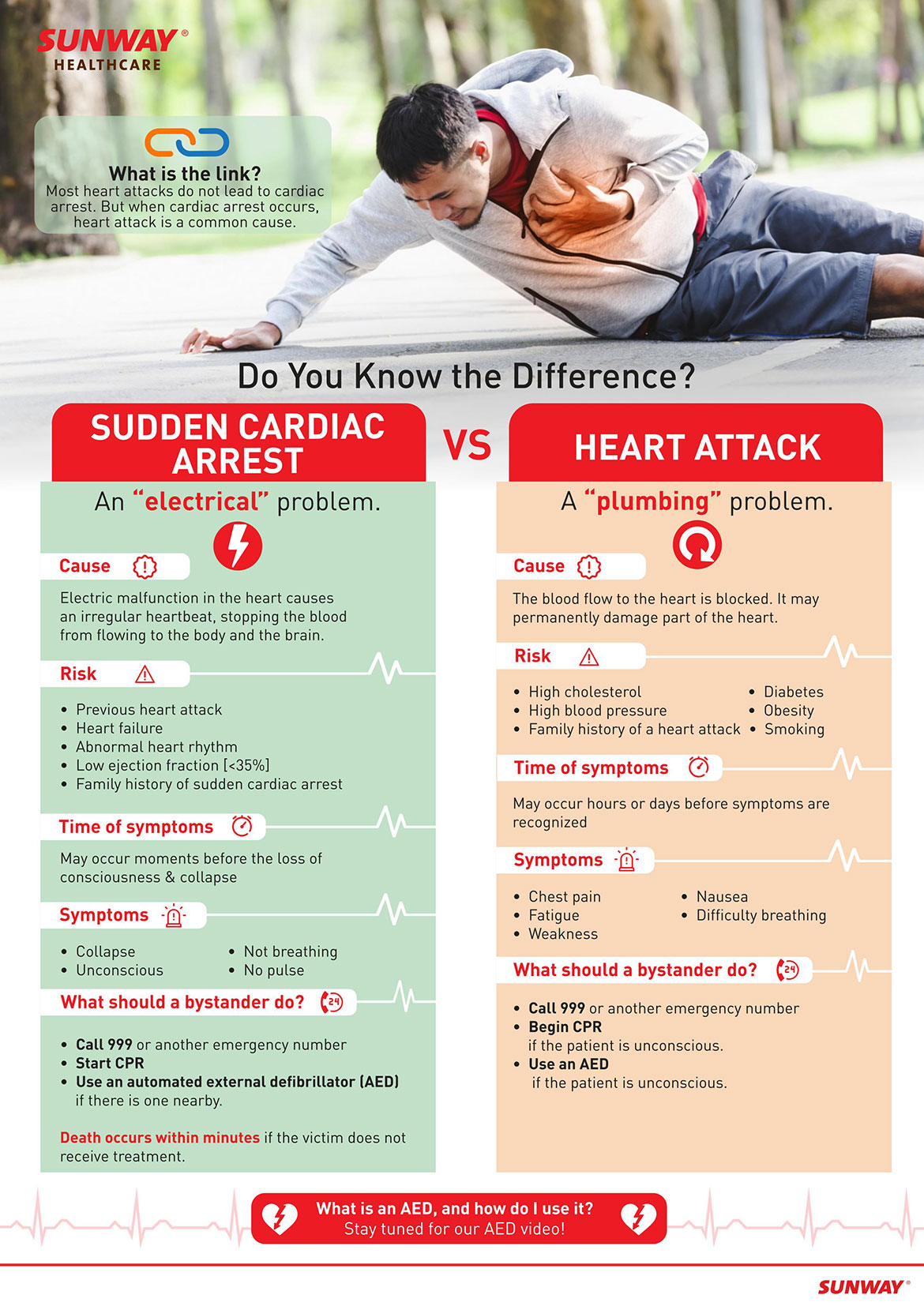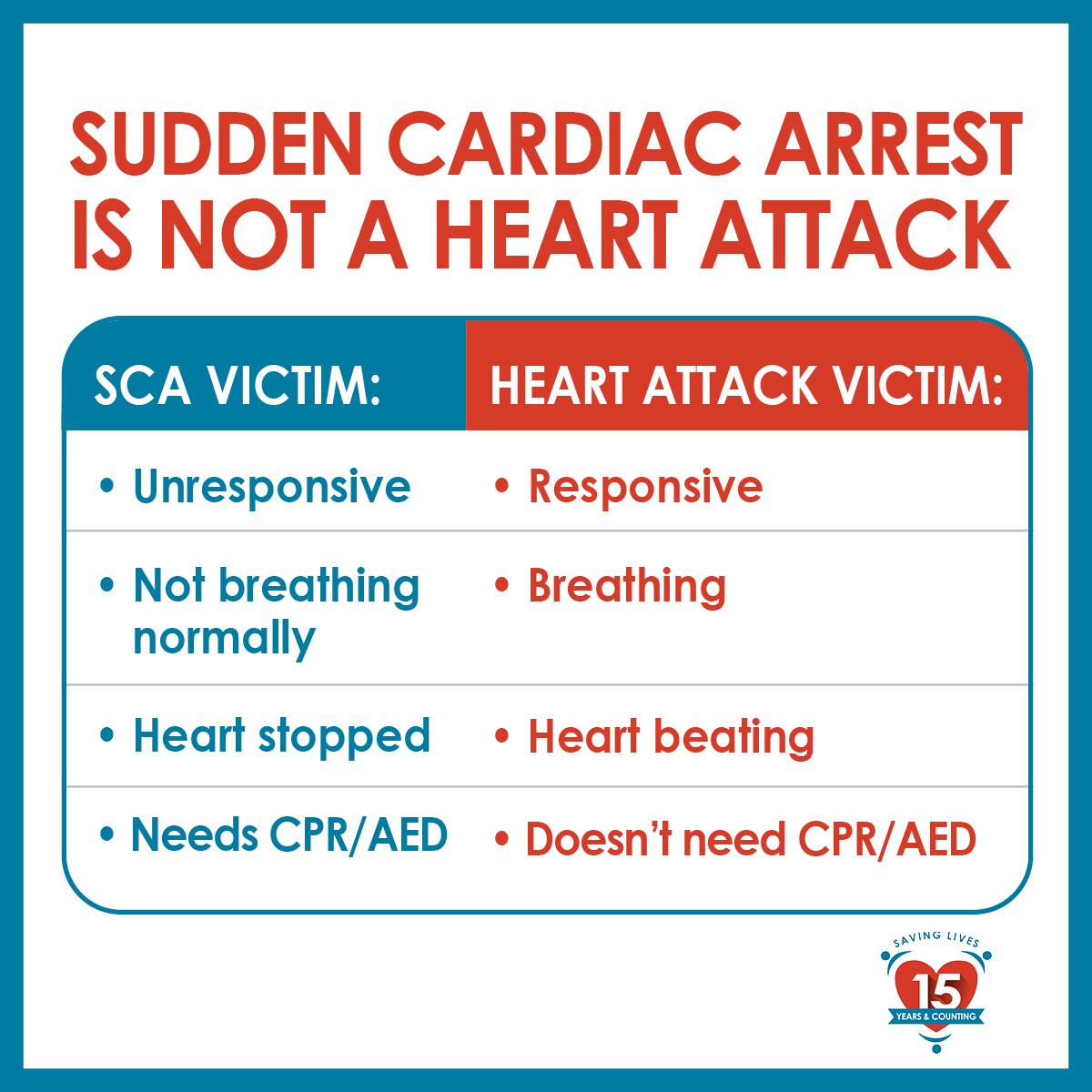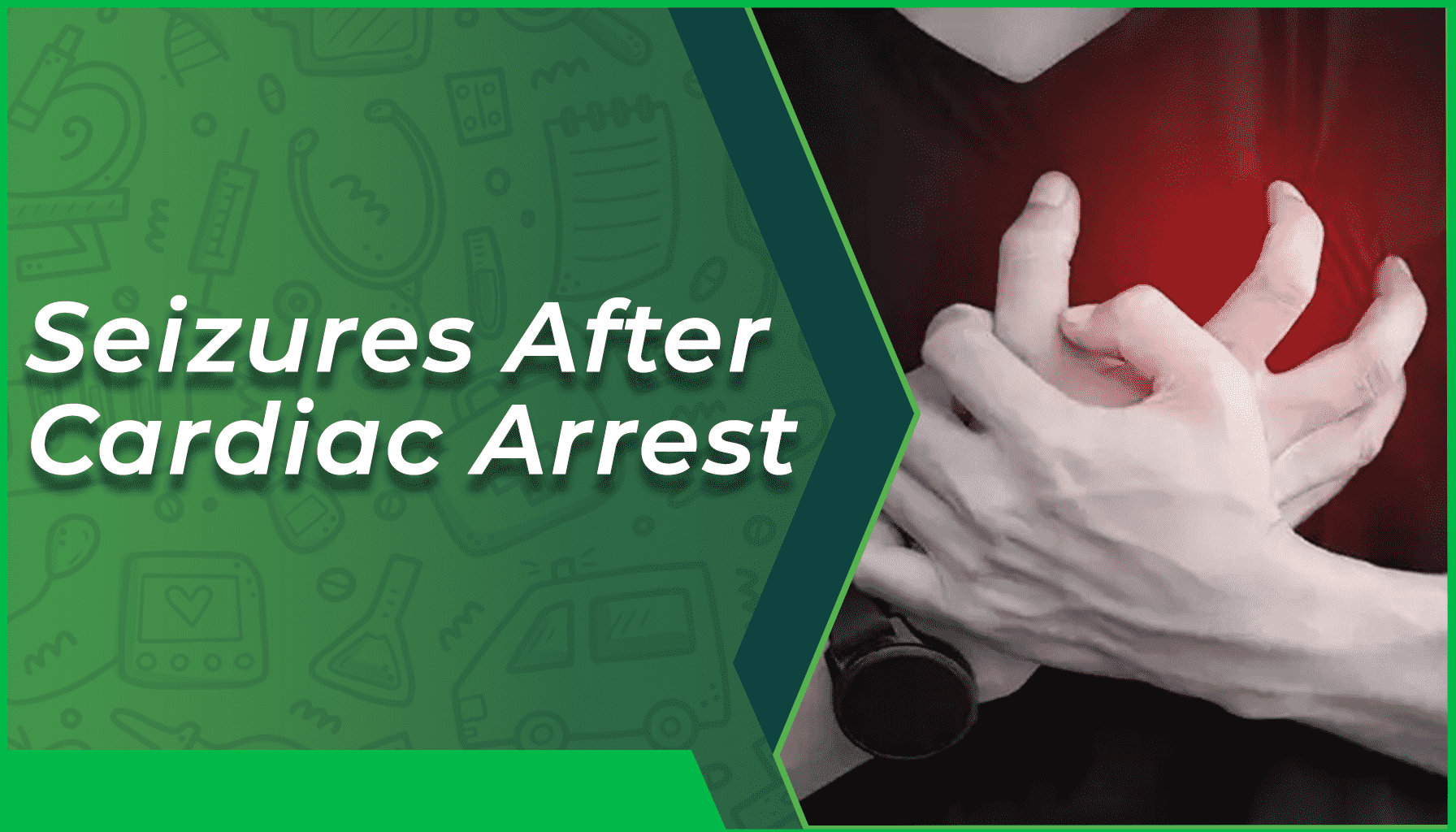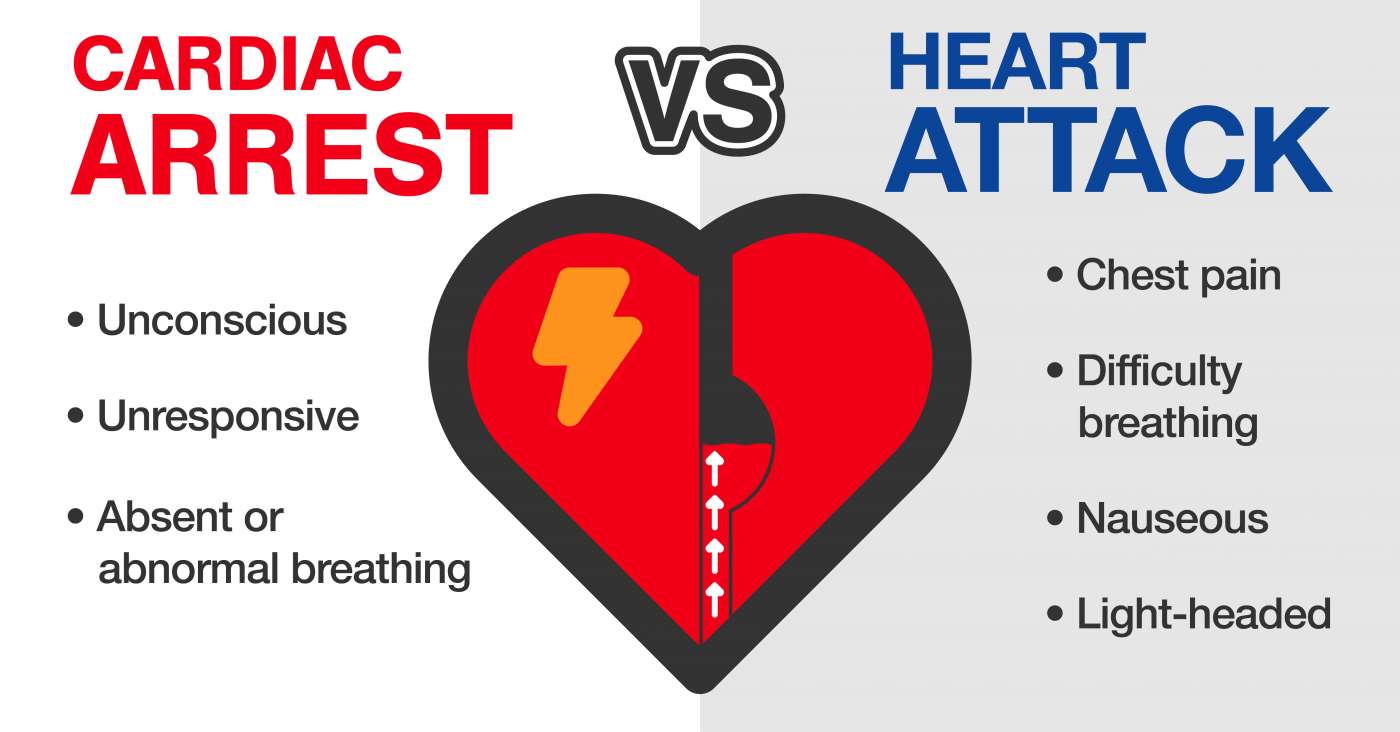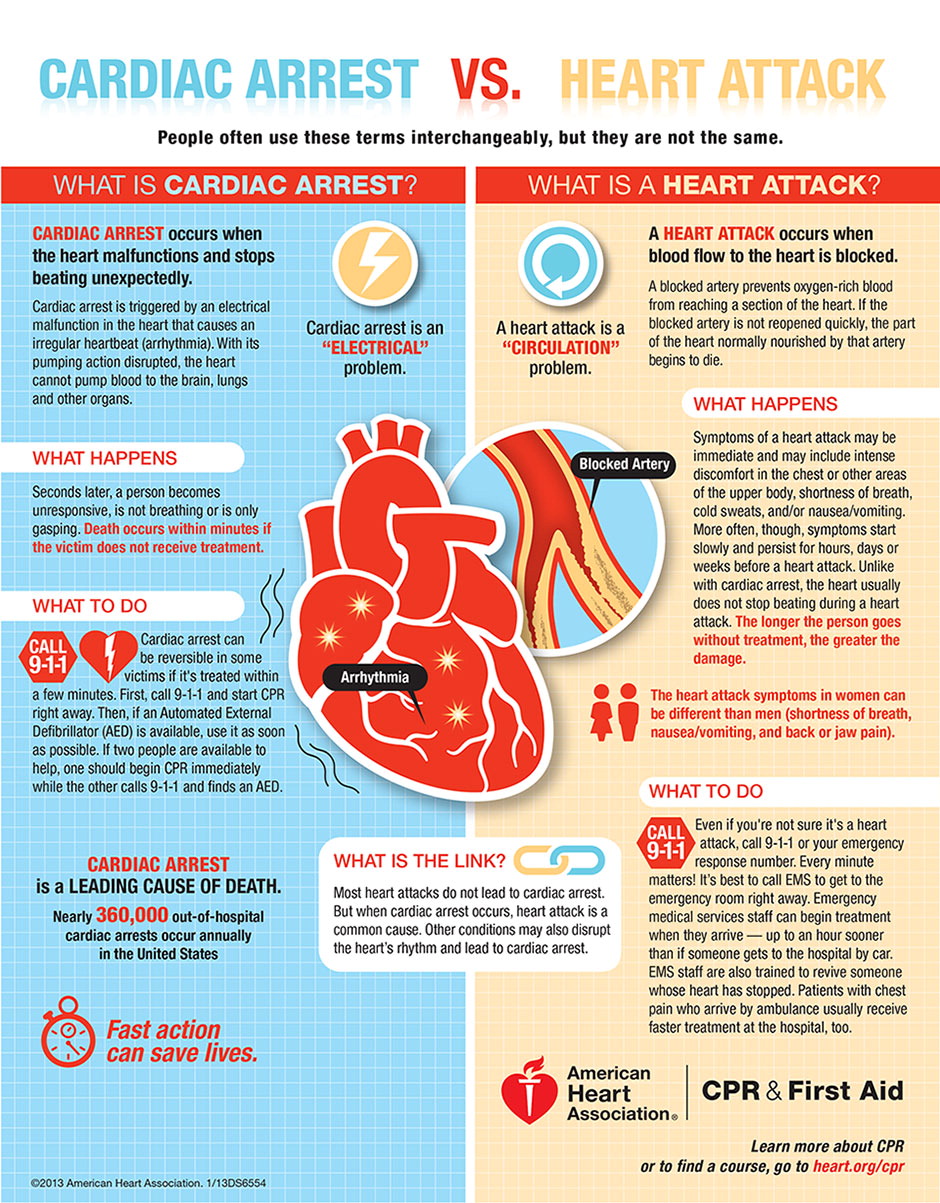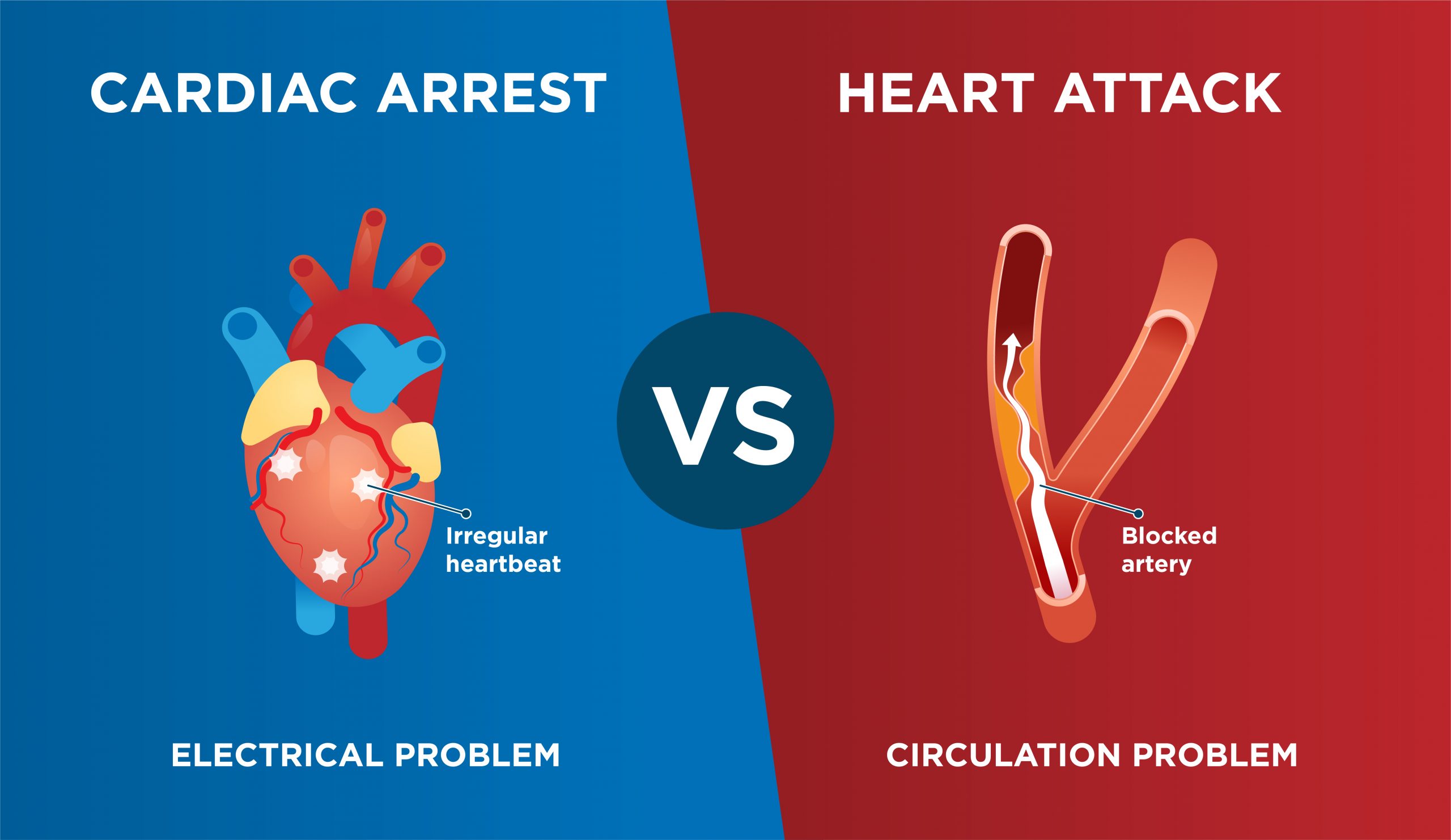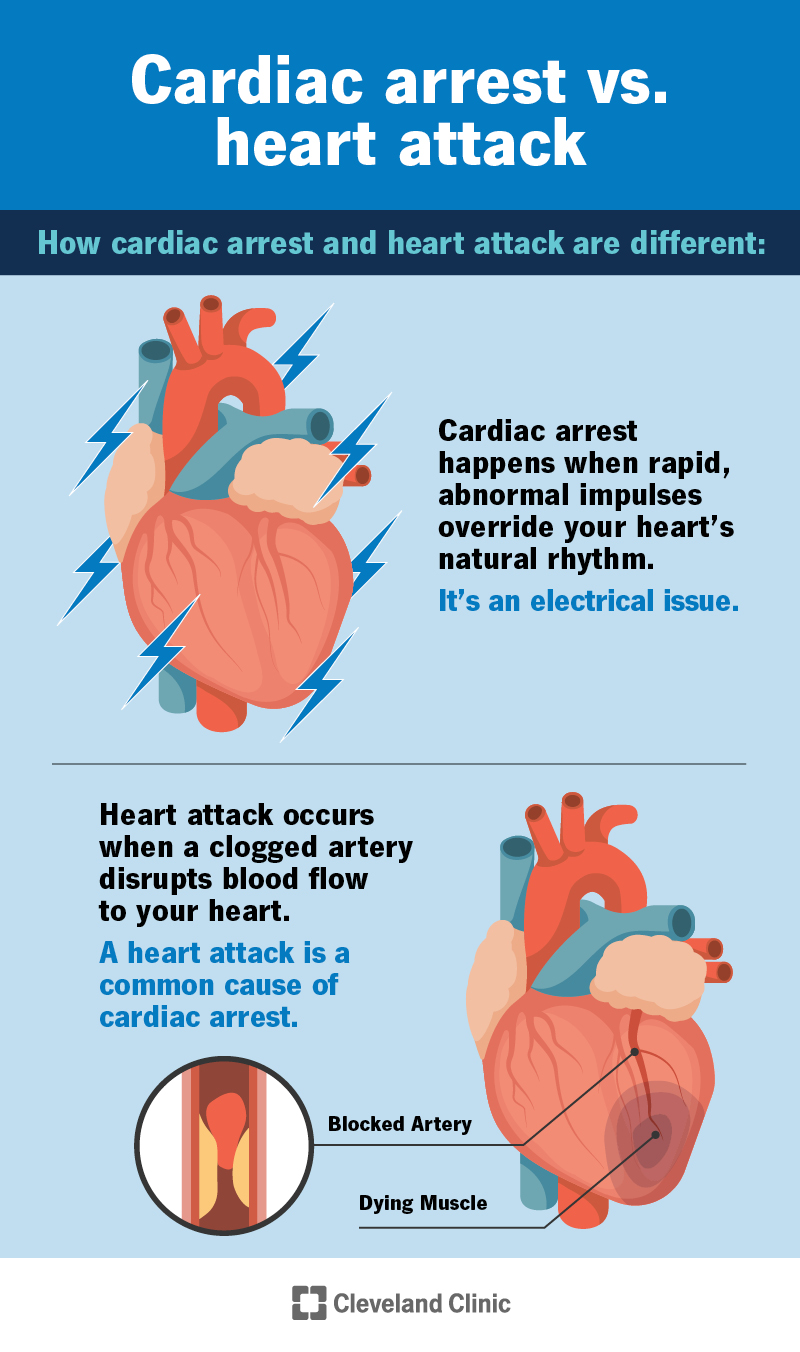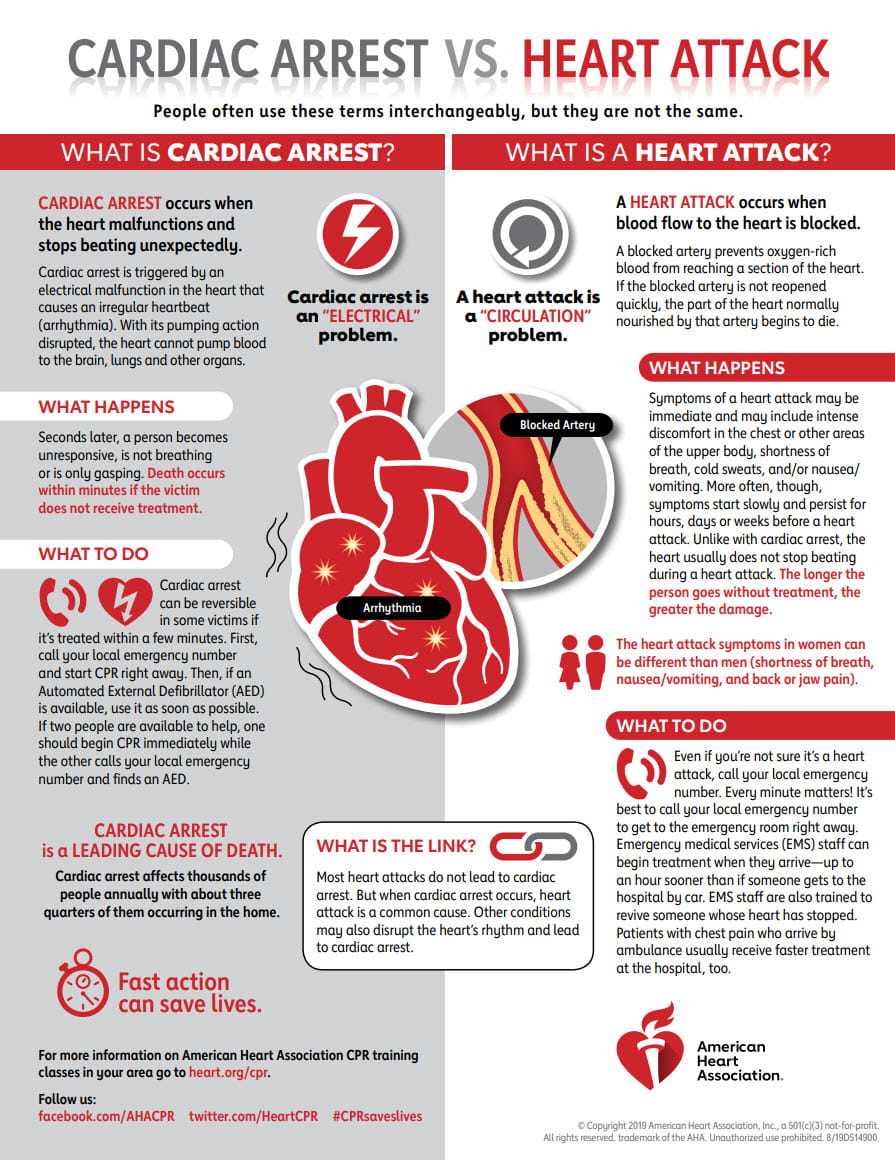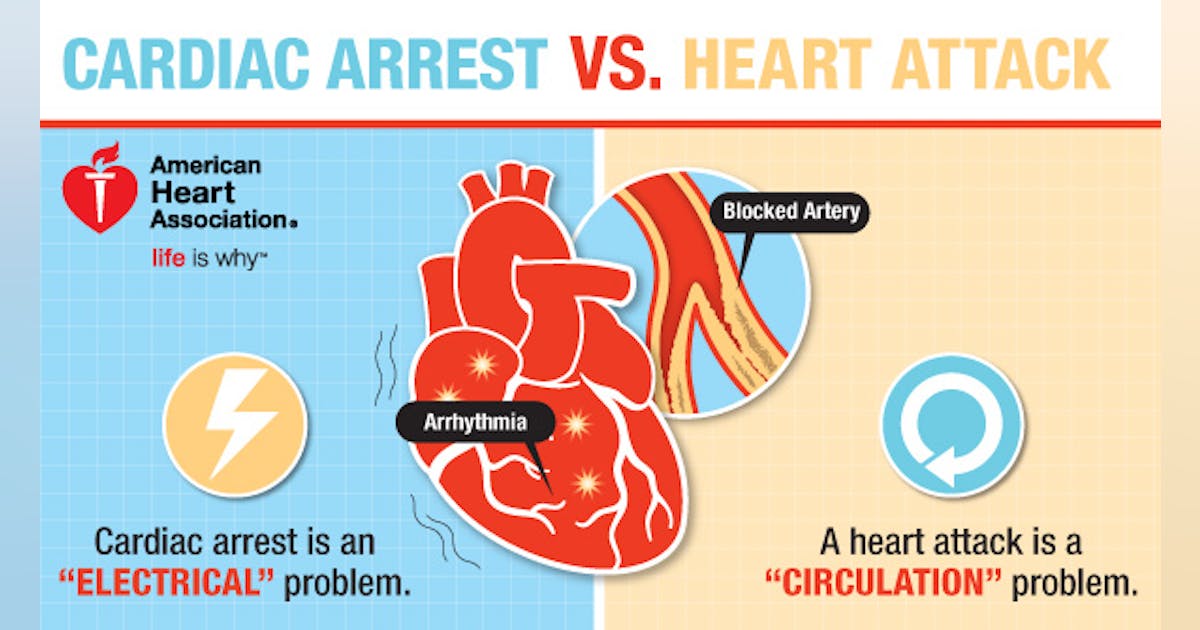Can Cardiac Arrest Cause Seizures - Additionally, seizure medications may cause arrhythmias alongside other. Prolonged seizures are a very grave sign but. In this narrative review, we describe how to diagnose and differentiate seizures and myoclonus after cardiac arrest and discuss. Clinical seizures are common after cardiac arrest and indicate poor outcome with limited specificity. Among patients with epilepsy, sudden cardiac arrest (sca) is a major cause of death. It is commonly thought that sca in. Seizures can increase the risk of arrhythmias.
In this narrative review, we describe how to diagnose and differentiate seizures and myoclonus after cardiac arrest and discuss. Prolonged seizures are a very grave sign but. Additionally, seizure medications may cause arrhythmias alongside other. Seizures can increase the risk of arrhythmias. Among patients with epilepsy, sudden cardiac arrest (sca) is a major cause of death. It is commonly thought that sca in. Clinical seizures are common after cardiac arrest and indicate poor outcome with limited specificity.
In this narrative review, we describe how to diagnose and differentiate seizures and myoclonus after cardiac arrest and discuss. Seizures can increase the risk of arrhythmias. It is commonly thought that sca in. Prolonged seizures are a very grave sign but. Among patients with epilepsy, sudden cardiac arrest (sca) is a major cause of death. Clinical seizures are common after cardiac arrest and indicate poor outcome with limited specificity. Additionally, seizure medications may cause arrhythmias alongside other.
Sudden Cardiac Arrest Treatment
Additionally, seizure medications may cause arrhythmias alongside other. It is commonly thought that sca in. Prolonged seizures are a very grave sign but. In this narrative review, we describe how to diagnose and differentiate seizures and myoclonus after cardiac arrest and discuss. Seizures can increase the risk of arrhythmias.
Dr Deepak Krishnamurthy on Twitter "The commonest cause for cardiac
It is commonly thought that sca in. Prolonged seizures are a very grave sign but. Clinical seizures are common after cardiac arrest and indicate poor outcome with limited specificity. In this narrative review, we describe how to diagnose and differentiate seizures and myoclonus after cardiac arrest and discuss. Seizures can increase the risk of arrhythmias.
Seizures After Cardiac Arrest
It is commonly thought that sca in. Clinical seizures are common after cardiac arrest and indicate poor outcome with limited specificity. Among patients with epilepsy, sudden cardiac arrest (sca) is a major cause of death. Prolonged seizures are a very grave sign but. Seizures can increase the risk of arrhythmias.
Sudden Cardiac Arrest (SCA) vs Heart Attack
Seizures can increase the risk of arrhythmias. It is commonly thought that sca in. In this narrative review, we describe how to diagnose and differentiate seizures and myoclonus after cardiac arrest and discuss. Prolonged seizures are a very grave sign but. Clinical seizures are common after cardiac arrest and indicate poor outcome with limited specificity.
How to Tell if Someone Needs CPR The Response Institute CPR Consultants
Among patients with epilepsy, sudden cardiac arrest (sca) is a major cause of death. Seizures can increase the risk of arrhythmias. Prolonged seizures are a very grave sign but. Additionally, seizure medications may cause arrhythmias alongside other. It is commonly thought that sca in.
Photo Cardiac Arrest vs. Heart Attack American Heart Association
Additionally, seizure medications may cause arrhythmias alongside other. Prolonged seizures are a very grave sign but. Seizures can increase the risk of arrhythmias. In this narrative review, we describe how to diagnose and differentiate seizures and myoclonus after cardiac arrest and discuss. Clinical seizures are common after cardiac arrest and indicate poor outcome with limited specificity.
Differences between heart attack and cardiac arrest Rapid Response
Prolonged seizures are a very grave sign but. Among patients with epilepsy, sudden cardiac arrest (sca) is a major cause of death. In this narrative review, we describe how to diagnose and differentiate seizures and myoclonus after cardiac arrest and discuss. It is commonly thought that sca in. Clinical seizures are common after cardiac arrest and indicate poor outcome with.
Sudden Cardiac Arrest Causes & Symptoms
Seizures can increase the risk of arrhythmias. Additionally, seizure medications may cause arrhythmias alongside other. Prolonged seizures are a very grave sign but. In this narrative review, we describe how to diagnose and differentiate seizures and myoclonus after cardiac arrest and discuss. Among patients with epilepsy, sudden cardiac arrest (sca) is a major cause of death.
Cardiac Arrest vs Heart Attack Infographic American Heart Association
In this narrative review, we describe how to diagnose and differentiate seizures and myoclonus after cardiac arrest and discuss. Among patients with epilepsy, sudden cardiac arrest (sca) is a major cause of death. Seizures can increase the risk of arrhythmias. Prolonged seizures are a very grave sign but. Additionally, seizure medications may cause arrhythmias alongside other.
Cardiac Arrest vs. Heart Attack EHS Today
It is commonly thought that sca in. Clinical seizures are common after cardiac arrest and indicate poor outcome with limited specificity. Among patients with epilepsy, sudden cardiac arrest (sca) is a major cause of death. Prolonged seizures are a very grave sign but. Additionally, seizure medications may cause arrhythmias alongside other.
Additionally, Seizure Medications May Cause Arrhythmias Alongside Other.
Among patients with epilepsy, sudden cardiac arrest (sca) is a major cause of death. In this narrative review, we describe how to diagnose and differentiate seizures and myoclonus after cardiac arrest and discuss. Clinical seizures are common after cardiac arrest and indicate poor outcome with limited specificity. It is commonly thought that sca in.
Prolonged Seizures Are A Very Grave Sign But.
Seizures can increase the risk of arrhythmias.
